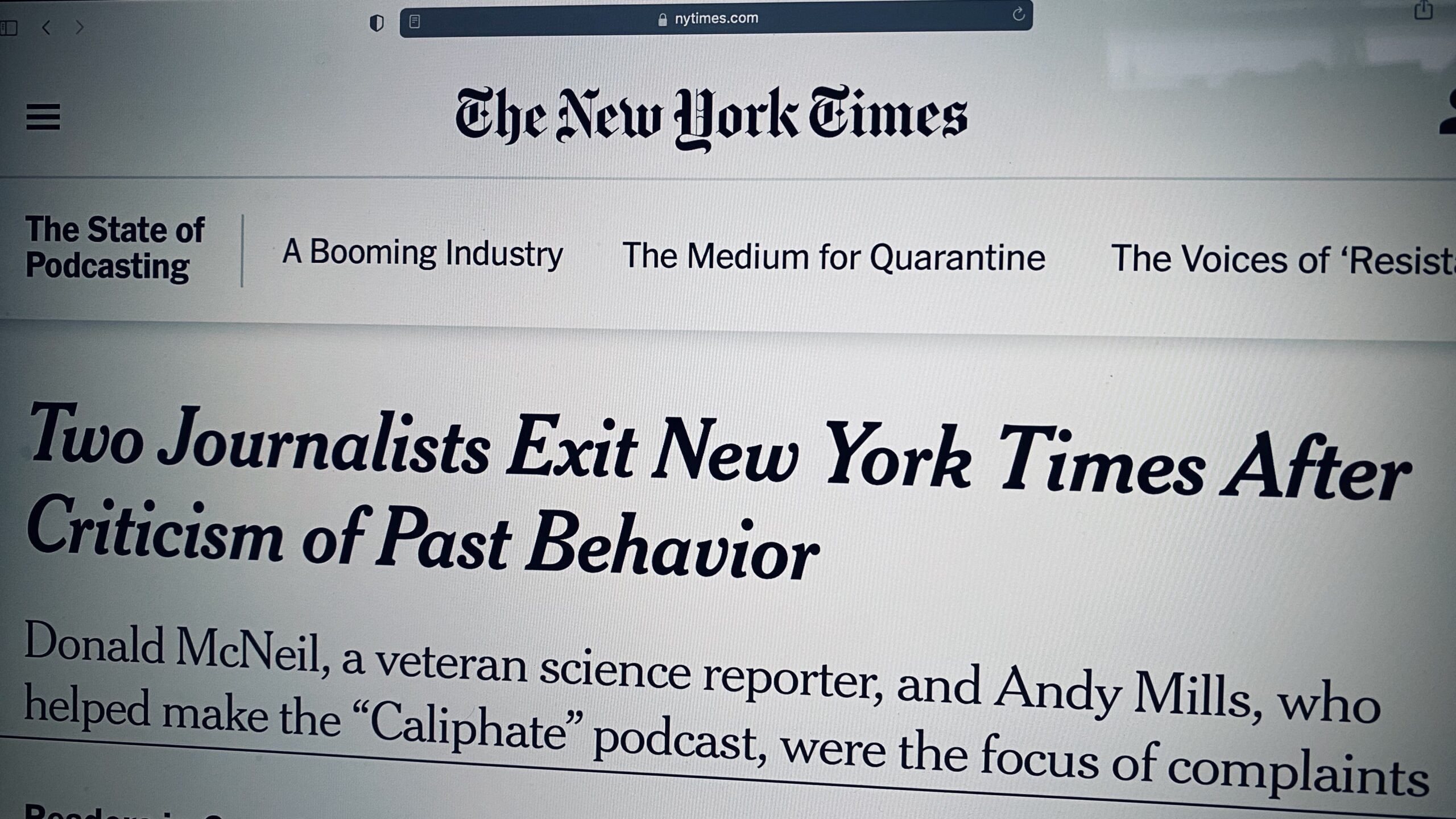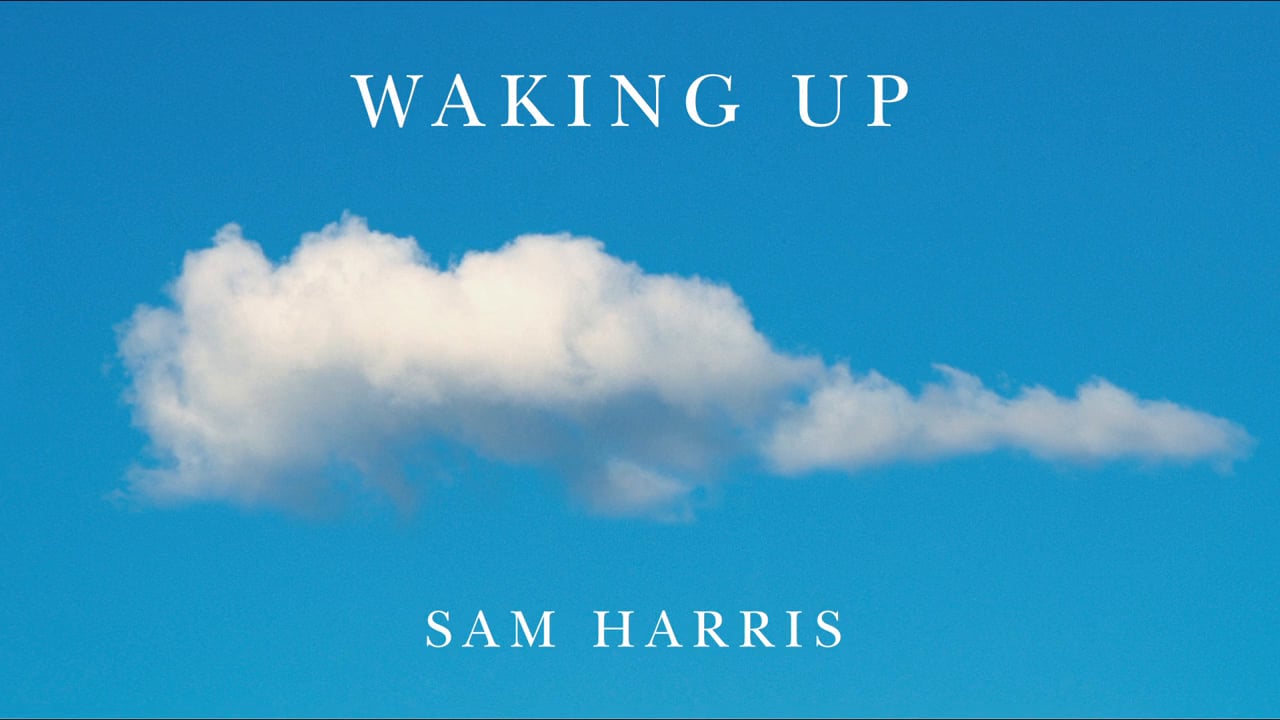Because of the recent antitrust case against Google, this story about the search giant altering search queries in order to make more money has come to light. It’s almost too much to believe:
Megan Gray writing for Wired:
There have long been suspicions that the search giant manipulates ad prices, and now it’s clear that Google treats consumers with the same disdain. The “10 blue links,” or organic results, which Google has always claimed to be sacrosanct, are just another vector for Google greediness, camouflaged in the company’s kindergarten colors.
Google likely alters queries billions of times a day in trillions of different variations. Here’s how it works. Say you search for “children’s clothing.” Google converts it, without your knowledge, to a search for “NIKOLAI-brand kidswear,” making a behind-the-scenes substitution of your actual query with a different query that just happens to generate more money for the company, and will generate results you weren’t searching for at all. It’s not possible for you to opt out of the substitution. If you don’t get the results you want, and you try to refine your query, you are wasting your time. This is a twisted shopping mall you can’t escape.
Google dropped the “Don’t be evil” motto when it changed its name to Alphabet but apparently hasn’t been living up to their new motto, “Do the right thing”.
Update: It has been noted that this is an opinion piece and the sources haven’t necessarily been vetted. Google’s statement via platformer:
Google does not delete queries and replace them with ones that monetize better as the opinion piece suggests, and the organic results you see in Search are not affected by our ads systems.



